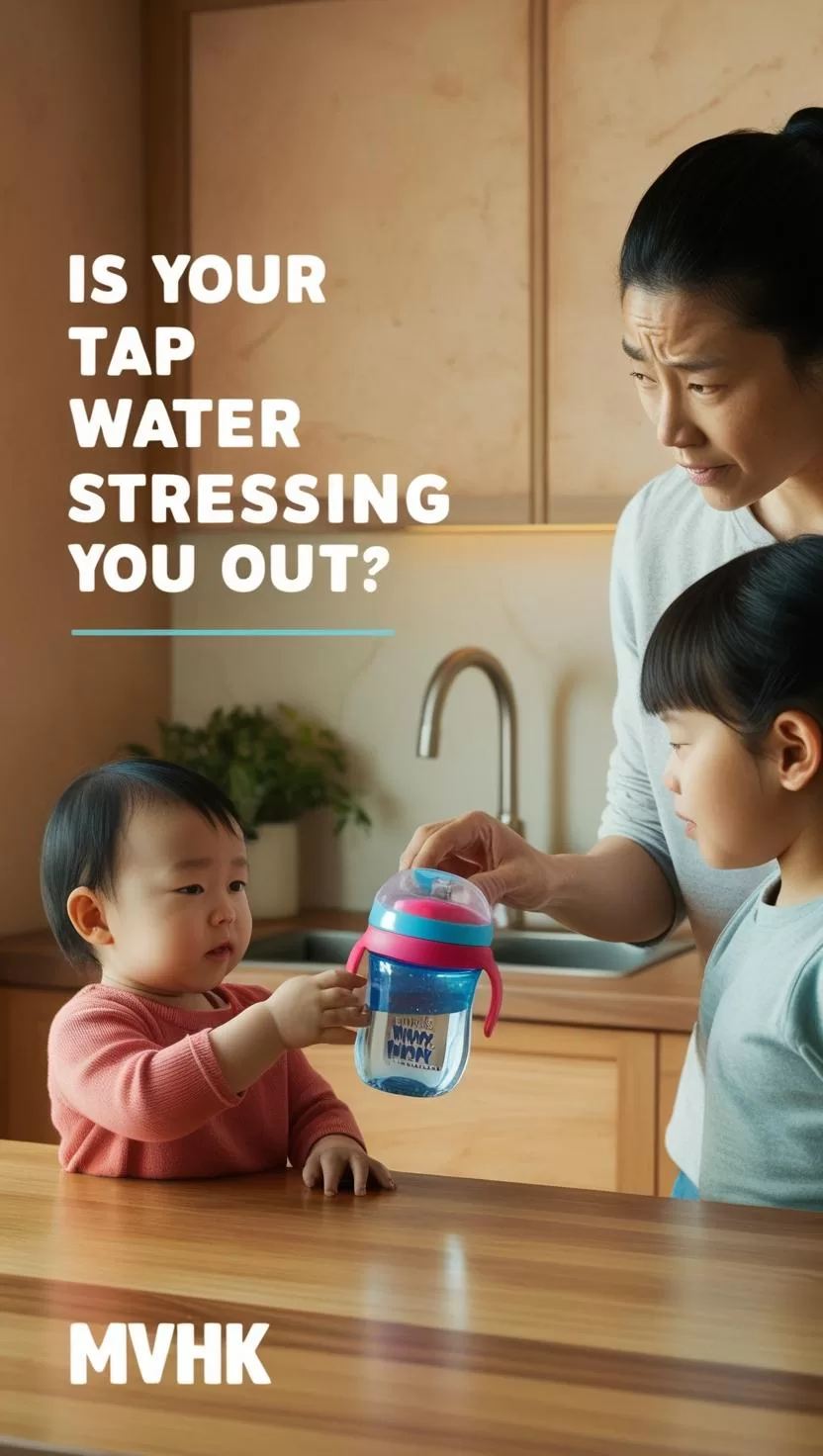Is Your Tap Water Stressing You Out? The Hidden Mental Load of Fluoridated Water for Parents
Tap water is often seen as a public health victory. But for parents, especially those informed about the chemical contents in their home’s water supply, that confidence is being replaced by concern—and in some cases, anxiety. The inclusion of additives like fluoride and chlorine in municipal water isn’t just a dental or sanitation issue anymore; it’s now a psychological stressor affecting the health decisions of families nationwide.
In this article, we’ll explore the science, the controversy, and the emotional toll these additives may have on today’s parents.
1️⃣ What’s Really in Your Tap? A Parent’s Guide to Water Additives
Fluoride: Helpful or Harmful?
Fluoride has long been added to U.S. tap water to help prevent tooth decay. However, a growing body of research questions its safety, particularly for children:
- Lower IQ Levels: A 2019 Canadian study published in JAMA Pediatrics found a correlation between fluoride exposure during pregnancy and reduced IQ in offspring (source, opens in new window).
- Thyroid Dysfunction: Fluoride can interfere with iodine uptake, increasing risk of hypothyroidism.
- Developmental Neurotoxicity: The Lancet Neurology classified fluoride as a potential developmental neurotoxin alongside lead and mercury.
Chlorine: Necessary Sanitizer or Long-Term Risk?
Used to disinfect water and kill pathogens, chlorine has its own set of red flags:
- Chlorine by-products (THMs) have been linked to bladder cancer and reproductive issues.
- Inhalation of chlorine during showering may contribute to respiratory irritation, especially in children.
2️⃣ The Psychological Burden of “Informed Parenting”
Emotional Toll of Unseen Threats
Knowing that something as routine as drinking tap water could harm your child adds mental strain. This phenomenon—“toxic stress awareness”—has been increasingly recognized among health-conscious parents.
- Hypervigilance: Constant filtering, boiling, or questioning municipal safety reports.
- Parental Guilt: Fear that “you should’ve known better” if a child develops developmental delays or illness.
- Decision Paralysis: Conflicting reports make it difficult to act with confidence.
Fear vs. Empowerment
Staying informed is empowering, but information overload can become emotionally exhausting. What starts as awareness often snowballs into stress, especially when social support or clear alternatives are lacking.
3️⃣ Safer Solutions for Cleaner Water and Calmer Minds
Household Actions That Make a Difference
You can take back control of your family’s hydration:
- Install Reverse Osmosis (RO) filters to remove fluoride and chlorine.
- Use activated carbon filters (e.g., Berkey, Aquasana) that target chlorine by-products.
- Encourage schools and childcare facilities to provide clean water options.
- Advocate for fluoride-free community decisions.
Mental Wellness Strategies for Parents
- Talk About It: Join local parenting groups or forums for shared insights and support.
- Limit Information Overload: Choose 1–2 trusted resources and ignore the noise.
- Empower Kids: Teach them to be aware but not fearful, framing water safety as part of holistic health education.
Conclusion: How to Get Started Today
Clean water shouldn’t come with mental baggage. Start by testing your tap water (kits are available online), explore filtration solutions, and connect with community resources. Awareness doesn’t have to lead to fear—it can drive meaningful, calm, and informed action.
You deserve peace of mind—and so does your child.
🔎 FAQ
What is fluoride and why is it added to tap water?
Fluoride is a mineral that helps reduce dental cavities. It’s added to municipal water in the U.S., but banned or restricted in many countries due to health concerns.
Can I remove fluoride and chlorine with a regular Brita filter?
No, typical Brita filters remove chlorine taste but not fluoride. You’ll need a reverse osmosis system or specialized fluoride filters.
What’s the safest drinking water for children?
The best option is filtered water from systems proven to remove contaminants like fluoride, chlorine, and THMs. Always check certifications (e.g., NSF).
Parent pouring tap water into child’s cup – fluoride concern
- Water filter setup in home kitchen – chlorine removal system






